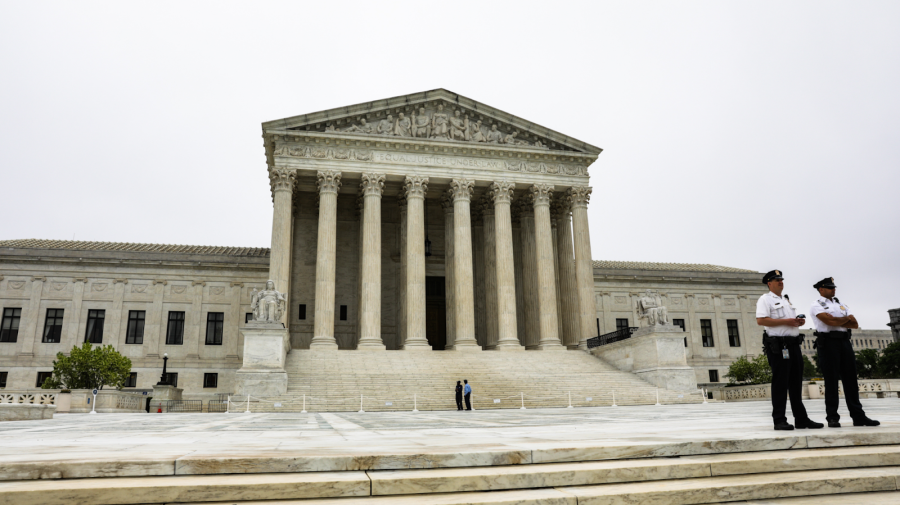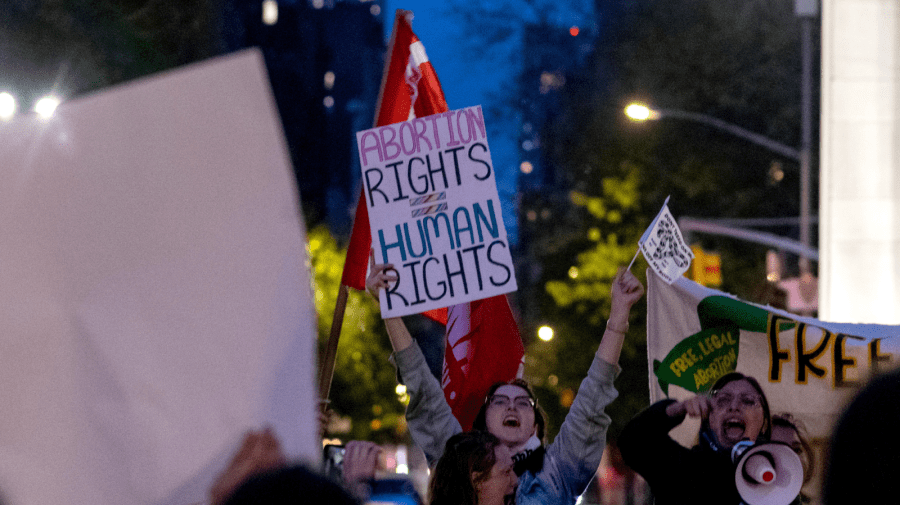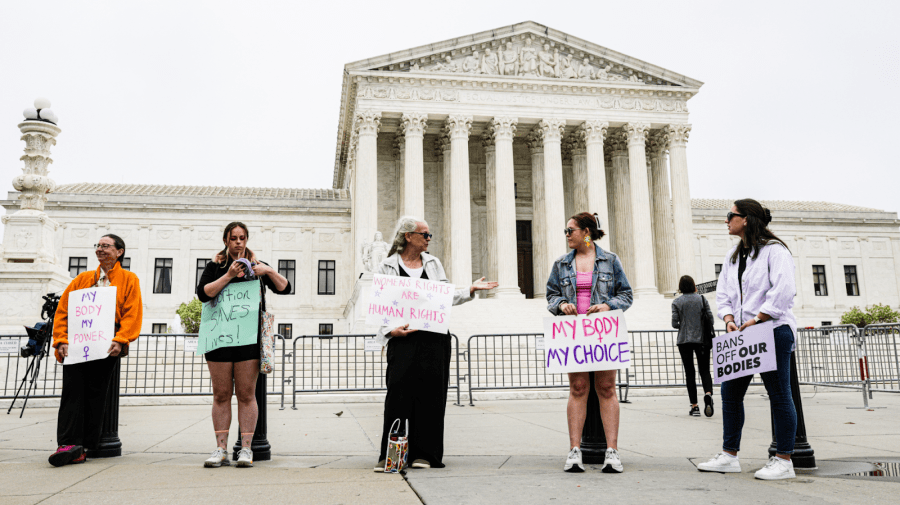
On Friday, June 24, the Supreme Court of the United States (SCOTUS) overturned Roe v. Wade. This came nearly two months after Supreme Court Chief Justice John Roberts confirmed the authenticity of a leak of Justice Samuel Alito’s draft opinion on Dobbs v. Jackson.
With this decision, the Court removes federal, constitutional protection of a person’s right to have an abortion, leaving such protection up to individual states. Such a decision impacts everyone, but it certainly impacts some groups of people in more immediate, severe and long-lasting ways than others. Let’s take a look at who is impacted most by the end of the protections outlined in the Roe v. Wade decision.
Individual States and “Trigger Laws”
With federal protections removed, 13 states have “Trigger Laws” that will immediately impact the legality of abortion in those states: Arkansas, Idaho, Kentucky, Louisiana, Mississippi, Missouri, North Dakota, Oklahoma, South Dakota, Tennessee, Texas, Utah and Wyoming.

Additionally, Arizona, Michigan, Wisconsin and West Virginia have laws still on the books from the pre-Roe period that could start being enforced again now. At the same time, other states unsurprisingly are moving to protect abortion rights in the wake of the ruling.
Abortion and Healthcare
Historically, making abortion illegal does not decrease abortion rates. People will still need abortions, and likely get them, but procedures will be much less safe. According to the American College of Obstetricians and Gynecologists, the World Health Organization (WHO), and many other groups, abortion is a common and necessary health care intervention.
Ana Langer, a professor at Harvard T.H. Chan School of Public Health, pointed out in December 2021 that, according to a recent study, banning abortion “would lead to a 21% increase in the number of pregnancy-related deaths overall and a 33% increase among Black women, simply because staying pregnant is more dangerous than having an abortion.” This makes clear that access to abortion is often an issue that demands medical intervention.
Abortion Happens Even Where it Is Illegal
What that statistic above does not include is the possibility of increased deaths from unsafe abortions or attempted abortions, both of which could become more common in places where abortion becomes illegal. In fact, according to recent statistics, abortion rates have fallen worldwide over the past 25 years as more countries have increased access to safe and legal abortions. However, that’s not the case in areas with more restrictive access to abortion.
According to the Guttmacher Institute, a pro-choice research organization studying issues around reproductive health, restricting access to abortion doesn’t stop people from needing or from seeking abortions. In fact, the data shows that “abortion rates are similar in countries where abortion is restricted and those where the procedure is broadly legal.” This means restricting access to abortions makes it far more likely that abortions happen in unsafe, illegal ways.
Economic Resources and Access to Abortion
Abortion, like all healthcare issues, is connected to access to resources. In the U.S., 75% of people who have abortions are classified as either poor or low-income, according to data from 2014. Beyond that, the data shows that people of color are disproportionately affected, and have a much higher share of abortions than therest of the population at large. These disparities exist across access to healthcare more broadly in the U.S., and abortion access is a piece of that larger issue.
If it’s true, as research suggests, that abortion rates will likely either stay the same or go up as abortions become illegal or restricted in more states, then the lack of access to safe abortion will also disproportionately impact people without the resources to find safe access elsewhere. The financial resources to travel to states where abortion is legal aren’t available to everyone.
The New York Times suggests that people “most affected in states with bans would be those who can’t easily travel. They are disproportionately poor, Black, Latina, teenagers, uninsured, and undocumented immigrants.” And, unfortunately, the states where abortion will now become illegal are in many cases the states with the thinnest set of social supports for women and children, and have higher levels of child poverty.
The Possibility of Future Legal Reversals

Justice Alito’s majority opinion suggests that, “Nothing in this opinion should be understood to cast doubt on precedents that do not concern abortion.” However, the impact of the Supreme Court’s decision in Dobbs v. Jackson could be felt beyond the areas of abortion and healthcare more broadly.
Justice Clarence Thomas’ concurring opinion suggests that the Supreme Court “should reconsider all…substantive due process precedents, including Griswold, Lawrence, and Obergefell.” That list of precedents includes other legal precedents based on the right to privacy, and means those rights could be in jeopardy, including the right to same-sex marriage and the right to contraception — the latter of which is directly tied to the abortion issue in so many ways.
What this makes clear is that while, as we’ve suggested above, there are specific groups of people — folks with less financial resources, people of color, and people living in areas where abortion is likely to become illegal — who will be impacted the most by the Court’s decision, the implications are much larger. Ultimately, the decisions of the Supreme Court have a major impact on how we think about freedom and privacy more broadly, and what kinds of laws govern our lives.

 Seth Landman
Seth Landman




